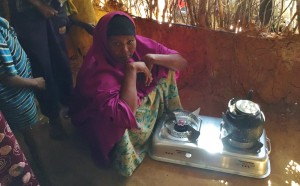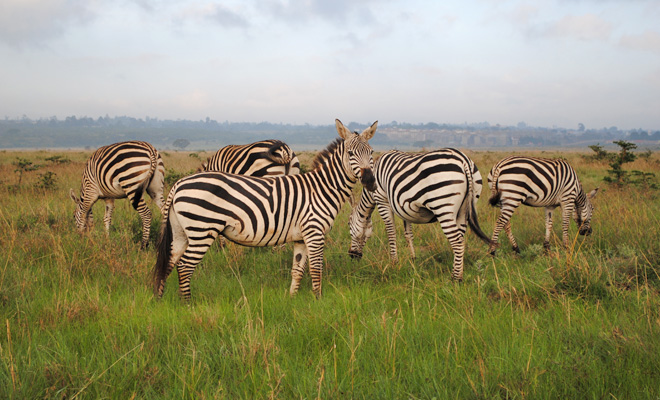Relief, Reconstruction, and Development Organization (RRDO) and Project Gaia, in partnership with the United Nations High Commissioner for Refugees (UNHCR), announced the launch of their pilot study of ethanol-fueled CLEANCOOK stoves in Dadaab refugee camp, Garissa County, Kenya. CLEANCOOK Sweden AB donated 100 of their double burner stoves for the study, while Mumias Sugar Company Limited and Agro Chemical & Food Company Limited (ACFC) have agreed to supply the necessary ethanol. Since 2005, Gaia Association has been working in neighboring Ethiopia, and today more than 40,000 of the country’s refugees are using ethanol to meet daily cooking energy demands. This pilot study seeks to determine whether the same success can be acheived in Kenya.
 Ethanol production and use in Africa is improving local economies, bettering livelihoods, and contributing to climate change mitigation. Kenyan ethanol production has been observed to show significant growth, reaching over 30 million liters of annual production, which could eventually reach half a billion liters. Furthermore, the Kenyan government recently enforced a law that eliminates tax levied on fuel ethanol in order to enhance its use as a cooking fuel. With increased production in Kenya, increased use of it as a fuel, and liberalization of taxes on it to reflect its use as a fuel, it is now feasible to obtain ethanol for cookstoves in Dadaab. RRDO’s three-month pilot study, with the aid of Project Gaia and the UNHCR, will take place in 100 households of Ifo-II camp in Dadaab and will be examining fuel procurement, transport, handling, storage, safety, stove and fuel dissemination, monitoring, follow-up, and after-pilot support.
Ethanol production and use in Africa is improving local economies, bettering livelihoods, and contributing to climate change mitigation. Kenyan ethanol production has been observed to show significant growth, reaching over 30 million liters of annual production, which could eventually reach half a billion liters. Furthermore, the Kenyan government recently enforced a law that eliminates tax levied on fuel ethanol in order to enhance its use as a cooking fuel. With increased production in Kenya, increased use of it as a fuel, and liberalization of taxes on it to reflect its use as a fuel, it is now feasible to obtain ethanol for cookstoves in Dadaab. RRDO’s three-month pilot study, with the aid of Project Gaia and the UNHCR, will take place in 100 households of Ifo-II camp in Dadaab and will be examining fuel procurement, transport, handling, storage, safety, stove and fuel dissemination, monitoring, follow-up, and after-pilot support.
Dadaab refugee camp was established in the early 1990s to host refugees from destabilized Somalia. It is currently the largest refugee camp in the world, by some estimates hosting more than 350,000 refugees. The Dadaab refugee camp complex includes Hagadera, Ifo-I, Ifo-II, Dagahaley, and Kambioos camps, which are located near Dadaab town in Garissa County, Kenya. Similar to most other refugee camps in Africa, Dadaab has a severe energy provision challenge which is linked with protection, relations between host and refugee populations, the environment, natural-resource restrictions, livelihood, health, and education.
RRDO, founded in 2008, is a Kenyan NGO and implementing partner of UNHCR-Kenya. It was established to respond to localized humanitarian crises, such as those of Dadaab, and contribute to efforts addressing millennium development goals in Northern Kenya. Their pilot study, along with Project Gaia and the UNHCR, demonstrates a continued commitment to address the energy, health, and environmental challenges faced by refugees.

